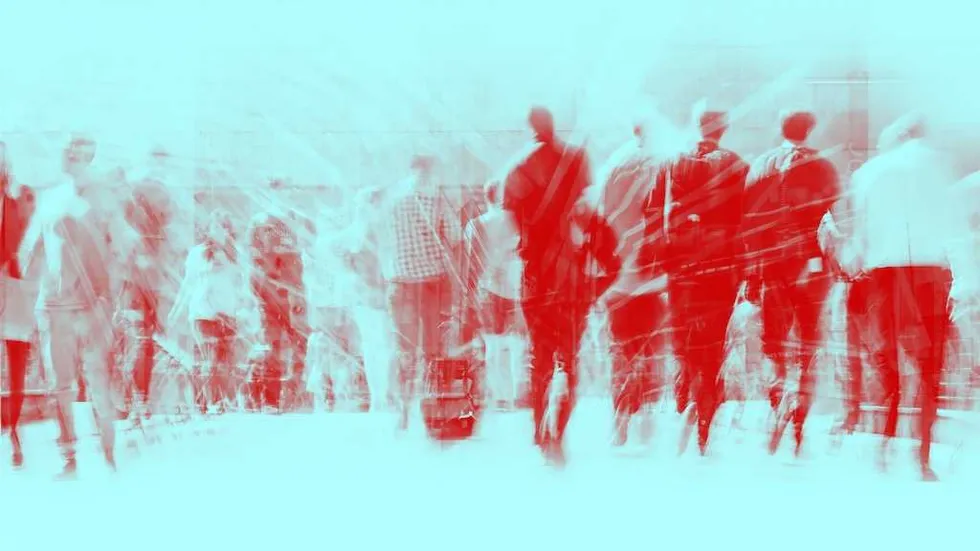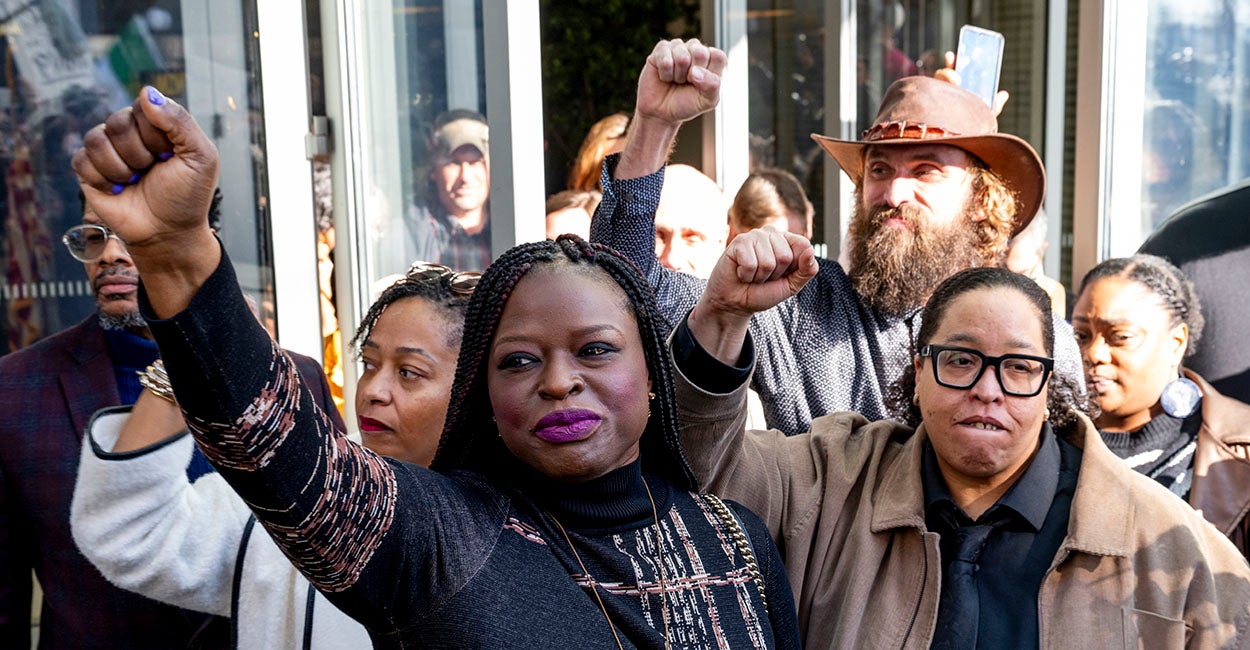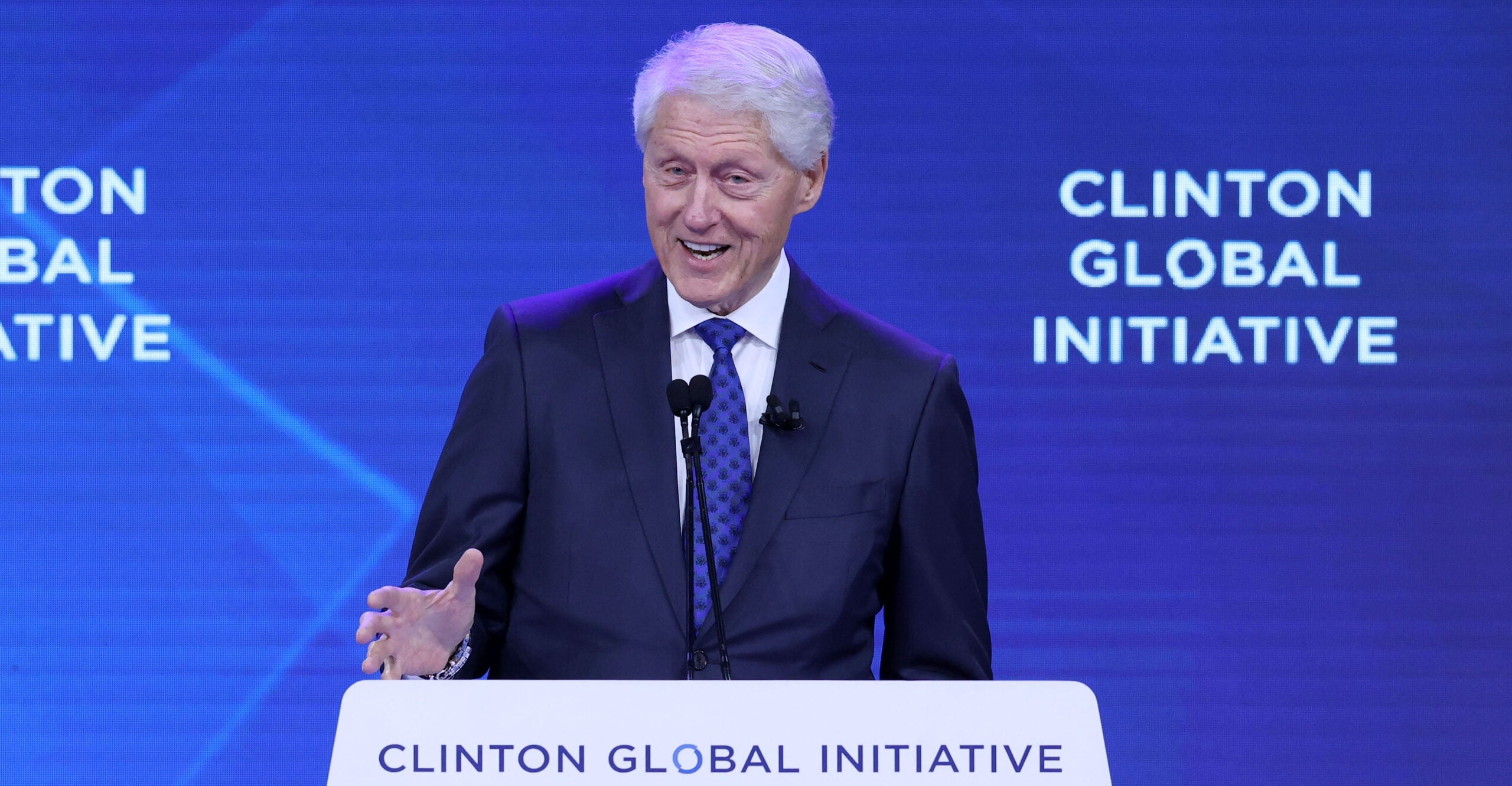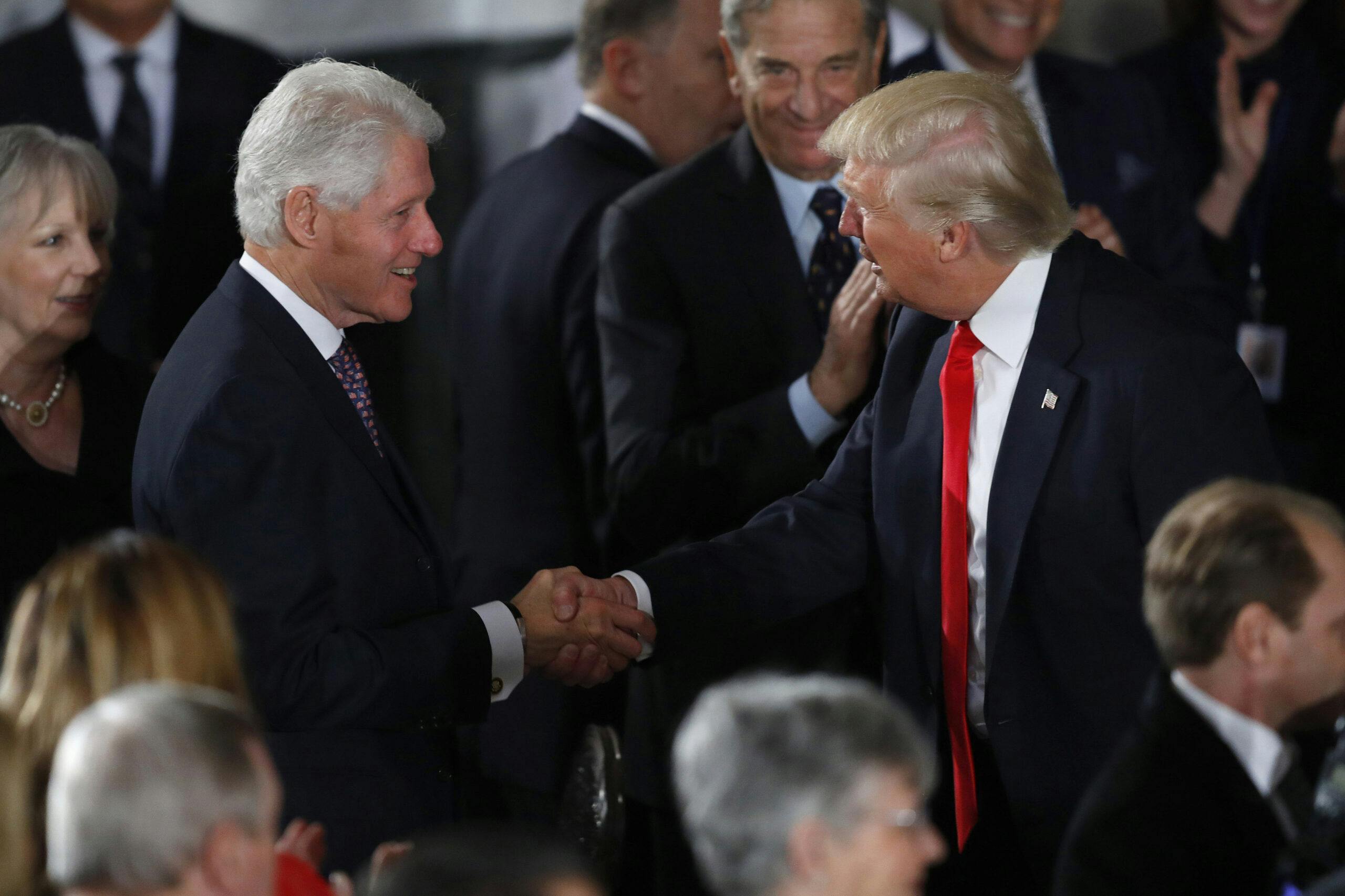AI chatbots share blame for confusion in wake of Charlie Kirk shooting


Confusion and conspiracy theories abounded in the wake of the assassination of Charlie Kirk last Wednesday. While people attempted to sift through the information they glimpsed in the fog of the aftermath, several prominent AI chatbots may have hindered more than they helped in the pursuit of truth.
Live Your Best Retirement
Fun • Funds • Fitness • Freedom
A CBS News report revealed several serious issues with multiple chatbots' handling of the facts in the aftermath of Kirk's death and the ensuing manhunt for the alleged shooter.
'It's not based on fact-checking. It's not based on any kind of reportage on the scene.'
The report highlighted several factual inaccuracies stemming from xAI's Grok, search engine Perplexity's AI, and Google's AI overview in the hours and days after the tragedy.
RELATED: Therapists are getting caught using AI on their patients
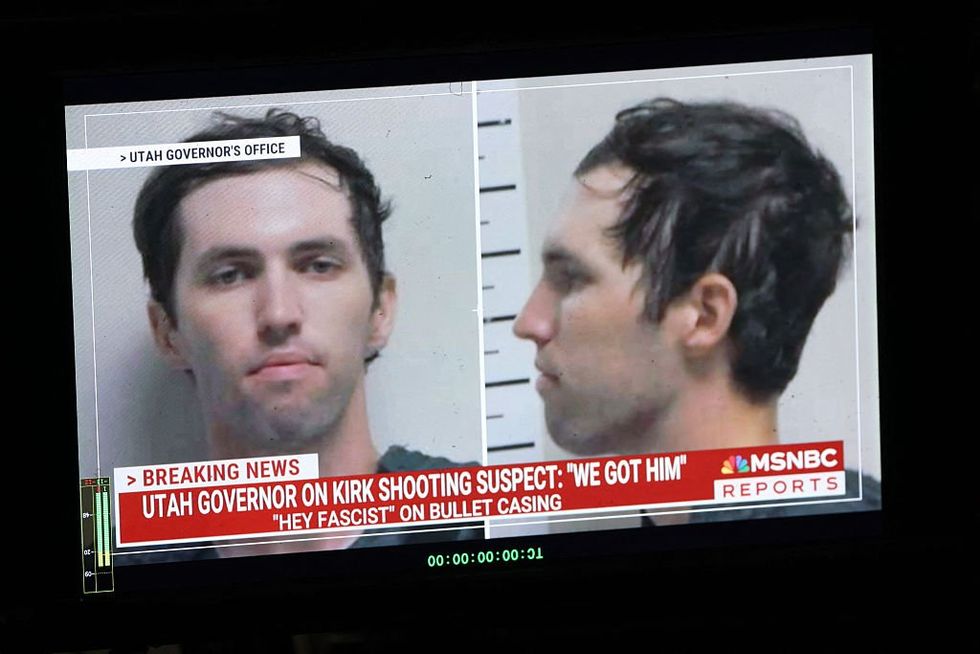 Photo by PATRICK T. FALLON/AFP via Getty Images
Photo by PATRICK T. FALLON/AFP via Getty Images
One of the most important instances came when an X account with 2.3 million followers shared an AI-enhanced photo turned video of the suspect. The AI enhancement smoothed the suspect's features and distorted his clothing considerably. Although the post was flagged by a community note warning that this was not a reliable way to identify a suspect, the post was shared thousands of times and was even reposted by the Washington County Sheriff's Office in Utah before it issued a correction.
Other false reports from Grok include labeling the FBI's reward offer a "hoax" and, according to CBS News, statements that reports concerning Charlie Kirk's condition "remained conflicting" even after the official report of his death was released.
S. Shyam Sundar, a professor at Penn State University and the director of the university's Center for Socially Responsible Artificial Intelligence, told CBS News that AI chatbots produce responses based on probability, which may often lead to inaccurate information in unfolding events.
"They look at what is the most likely next word or next passage," Sundar said. "It's not based on fact-checking. It's not based on any kind of reportage on the scene. It's more based on the likelihood of this event occurring, and if there's enough out there that might question his death, it might pick up on some of that."
Artificial intelligence's sycophantic tendencies may also be to blame, as the third episode of "South Park's" latest season recently highlighted.
Grok, for example, gave a highly flawed response on Friday morning to one user indicating that Tyler Robinson, 22, was opposed to MAGA while his father was a supporter of the movement. In a follow-up question, the user suggested that Robinson's "social media posts" indicated that he may be a MAGA supporter, and Grok quickly changed its tune in its response: "Reports indicate Tyler Robinson is a registered Republican who donated to Trump in 2024. Social media photos show him in a Trump costume for Halloween, and his family appears to support MAGA."
A Grok post timestamped roughly an hour later on Friday denied that he had any known political affiliation, thus showing a discrepancy in responses between users of the same chatbot.
The other AIs fared no better. Perplexity appears to have labeled reports about Kirk's death a "hypothetical scenario" several hours after he was confirmed deceased. According to CBS News, "Google's AI Overview for a search late Thursday evening for Hunter Kozak, the last person to ask Kirk a question before he was killed, incorrectly identified him as the person of interest the FBI was looking for."
While artificial intelligence may be useful for aggregating resources for research, people are realizing that these chatbots are highly flawed when it comes to real-time reporting and separating the wheat from the chaff.
X did not respond to Return's request for comment.
Originally Published at Daily Wire, Daily Signal, or The Blaze
What's Your Reaction?
 Like
0
Like
0
 Dislike
0
Dislike
0
 Love
0
Love
0
 Funny
0
Funny
0
 Angry
0
Angry
0
 Sad
0
Sad
0
 Wow
0
Wow
0

























































